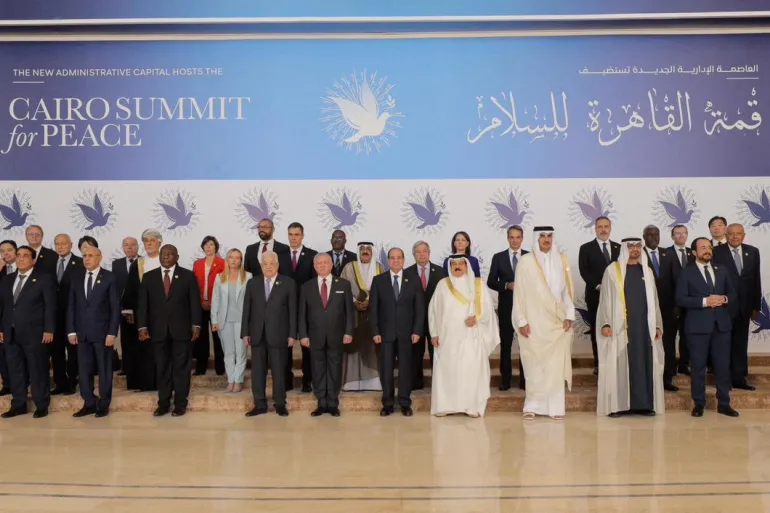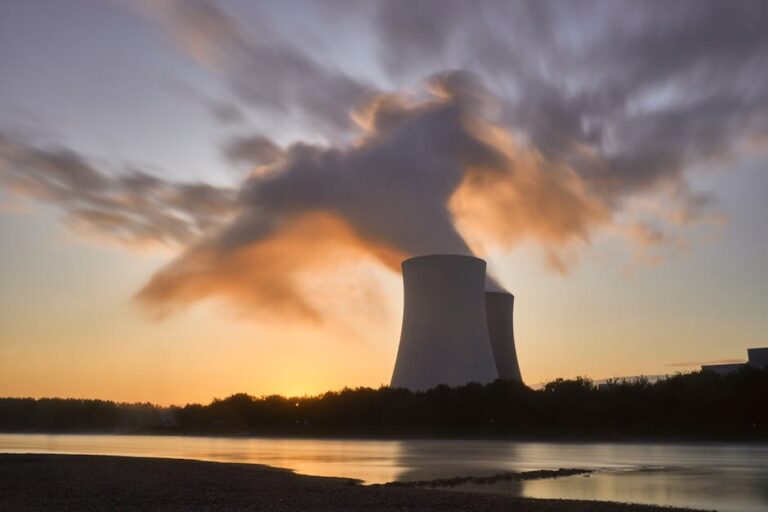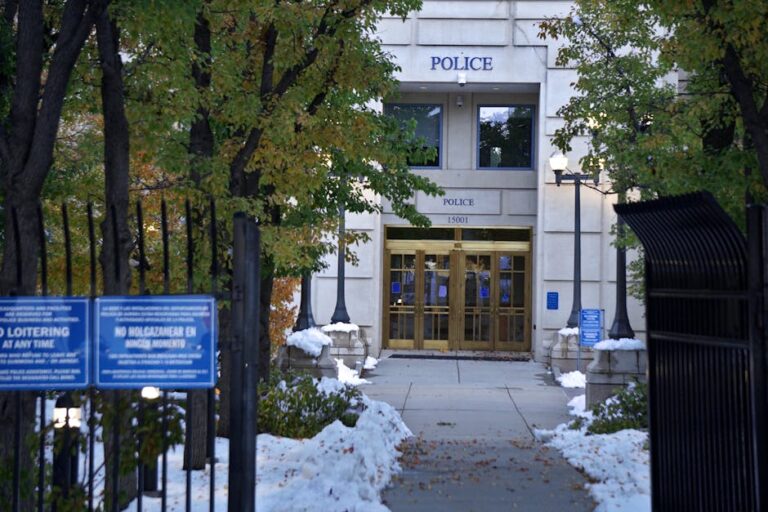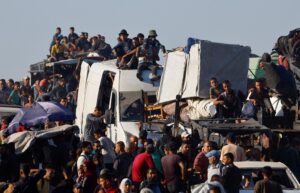In a world where conflicts and uncertainty dominate headlines, 12 October 2025 stands out as a day defined by dialogue, diplomacy, and a renewed push for peace. From Egypt Cairo to New Delhi, leaders are moving from confrontation toward collaboration signaling a potential turning point for global relations.
Egypt’s Historic Summit: Hope for Gaza and Beyond
Egypt has once again stepped into the spotlight of international diplomacy. The government in Cairo announced a high-level peace summit in Sharm el-Sheikh, bringing together more than 20 world leaders, including U.S. President Donald Trump and representatives from the European Union, the Arab League, and the United Nations.
The focus of this summit is the long-running Gaza conflict, which has shaken the Middle East for years. Egypt’s President Abdel Fattah el-Sisi called the conference a “global responsibility to restore humanity and stability in the region.”
Observers believe this could become one of the most significant diplomatic gatherings in recent years not only aiming to reach a ceasefire but also to lay the foundation for post-war rebuilding efforts in Gaza. If successful, it could re-shape how the world handles regional conflicts through collective negotiation rather than unilateral action.
U.S. and India Strengthen Ties Through Strategic Dialogue
On the same day, another key development unfolded in Asia. U.S. Ambassador Sergio Gor met with Indian Prime Minister Narendra Modi in New Delhi to discuss bilateral cooperation on trade, defense, and technology.
According to officials, the meeting centered around deepening ties in critical minerals, semiconductors, and clean energy sectors vital for both nations’ future economies. The discussions also touched upon regional security, with India emerging as a key U.S. ally in maintaining stability across the Indo-Pacific.
Political analysts suggest that this meeting symbolizes a new chapter in the India-U.S. relationship, moving beyond traditional defense talks into high-tech collaboration. For India, it reinforces its image as a global power capable of balancing partnerships with both Western nations and regional allies.
Rising Voices Worldwide: The Power of Public Solidarity
Meanwhile, the spirit of global awareness continues to rise among ordinary citizens. In Australia, thousands joined Pro-Palestine rallies across Sydney, Melbourne, and Perth, calling for an immediate end to violence and humanitarian access in Gaza. The protests remained peaceful, highlighting how public opinion is increasingly shaping political discourse worldwide.
This wave of activism is not limited to Australia. Similar rallies and social campaigns have appeared in London, Paris, and New York, showing that global empathy is stronger than ever despite political divisions.
India’s Domestic Focus: Environment and Law Enforcement in Action
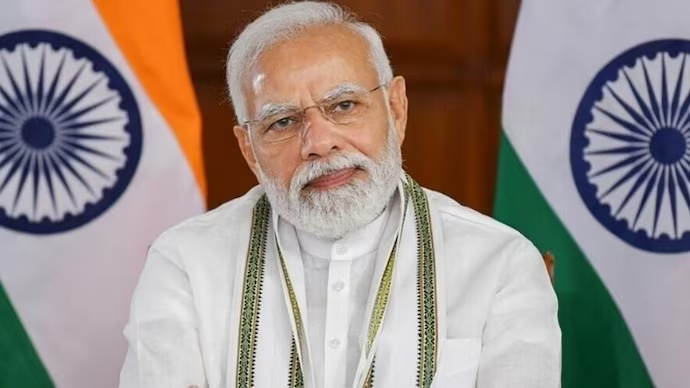
Back home, India’s Punjab region reported a decline in stubble burning incidents after government intervention. Only 14 new cases were recorded this week, compared to dozens earlier in the season. The reduction is seen as a positive sign in India’s ongoing battle against air pollution, especially as Delhi’s air quality shows gradual improvement.
In Nagpur, police raided two illegal prostitution dens, rescuing four women and arresting six people. Authorities emphasized that the crackdown reflects India’s growing commitment to women’s safety and justice reform.
A Day That Defines the Future
From Egypt’s diplomatic initiative to India’s progressive governance and global outreach, October 12, 2025, represents a day when nations looked beyond differences and toward shared goals. The world is watching and hoping that these actions turn into meaningful results.
If the Cairo peace summit succeeds and the India-U.S. partnership continues to thrive, this could mark the beginning of a more cooperative and interconnected global era one where solutions replace conflicts and where peace is built not just by governments, but by the people who demand it.




